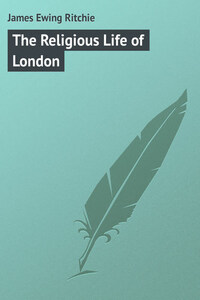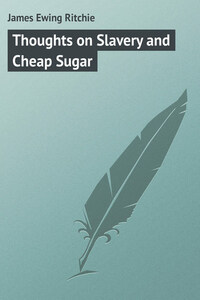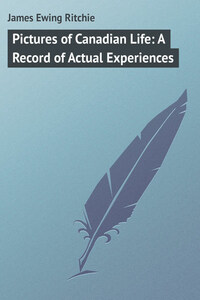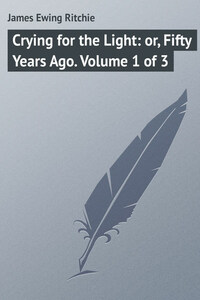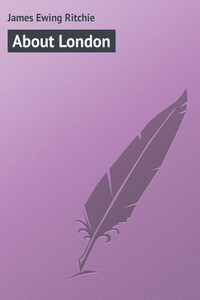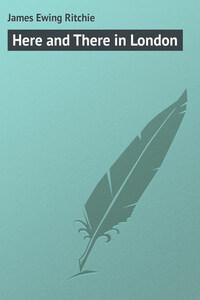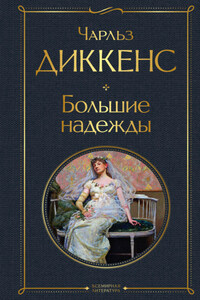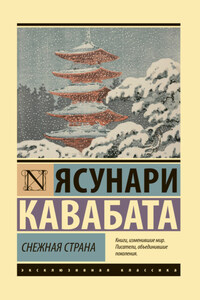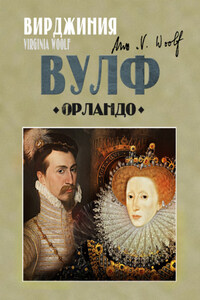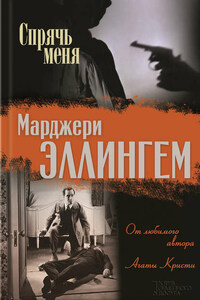Man is undoubtedly a religious animal. In England at any rate the remark holds good. No one who ignores the religious element in our history can rightly understand what England was, or how she came to be what she is. The fuller is our knowledge, the wider our field of investigation, the more minute our inquiry, the stronger must be the conviction in all minds that religion has been for good or bad the great moving power, and, in spite of the teachings of Secularism or of Positivism, it is clear that as much as ever the questions which are daily and hourly coming to the front have in them more or less of a religious element. It is not often foreigners perceive this. Take Louis Blanc as an illustration. As much as any foreigner he has mastered our habits and ways – all that we call our inner life; yet, to him, the English pulpit is a piece of wood – nothing more. According to him, the oracles are dumb, the sacred fire has ceased to burn, the veil of the temple is rent in twain; church attendance, he tells us, in England, besides custom, has little to recommend it. There is beauty in desolation – in life changing into death —
“Before Decay’s effacing fingers
Have swept the lines where beauty lingers;”
but not even of this beauty can the Church of England boast. Dr. Döllinger – a more thoughtful, a more learned, a more laborious writer – is not more flattering. The Church of England, he tells us, is “the Church only of a fragment of the nation,” of “the rich, cultivated, and fashionable classes.” It teaches “the religion of deportment, of gentility, of clerical reserve.” “In its stiff and narrow organization, and all want of pastoral elasticity, it feels itself powerless against the masses.” The patronage is mostly in the hands of the nobility and gentry, who regard it as a means of provision for their younger sons, sons-in-law, and cousins. Our latest critic, M. Esquiros, writes in a more favourable strain, yet even he confesses how the city operative shuns what he deems the Church of Mammon, and draws a picture of the English clergyman, by no means suggestive of zeal in the Master’s service or readiness to bear His yoke. Dissent foreigners generally ignore, yet Dissent is as active, as energetic as the State Church, and may claim that it has practically realized the question of our time – the Free Church in the Free State. In thus attempting to describe the Religious Life of London, I touch on a question of which I may briefly say that it concerns the welfare of the community at large.
Ivy Cottage, Ballard’s Lane, Finchley,
April 4th, 1870.
CHAPTER I.
on heresy and orthodoxy
The original meaning of the word heresy is choice. “It was long used,” writes Dr. Waddington, “by the philosophers to designate the preference and selection of some speculative opinion, and in process of time was applied without any sense of reproach to every sect.” The most fruitful source of speculative opinion is, and has ever been, religion; from the schools of philosophy to those of theology the term heresy passed by a very intelligible and simple process. The word is thrice used in the Acts to denote sect (Acts v. 17, xv. 5, and xxiv. 5), and Paul himself when on his defence before Felix and in answer to Tertullus confesses that “after the way which they call heresy, so worship I the God of my fathers.”
In process of time heresy came to have a bad meaning attached to it. It is easy to see why this should be so. We naturally prefer our own opinions to those of other people. We naturally prefer the society of those who hold our own opinions to the society of those who do not. Life is short, and we do not want to be always disputing. Life to most of us is hard, and it would be harder still if after a day’s toil Paterfamilias had to discuss the three births of Christ, or His twofold nature, the Æons of the Gnostics, the Judaism of the Ebionites, the ancient Persian dualism which formed the fundamental idea of the system of Manes, or the windy frenzy of Montanus, with an illogical wife, a friend gifted with a fatal flow of words, or a pert and shallow child. We like those with whom we constantly associate. They are wise men and sound Christians. They are those who fast and pay tithes, and are eminently proper and respectable. As to the heretics – the publicans and sinners, away with them. Let their portion be shame in this life, perdition in the next. Thus it is heretics have got a bad name. Church history has been written by their enemies, by men who have honestly believed that a man of a different heresy to their own would rob an orphan, and break all the commandments. The Rev. Mr. Thwackem “doubted not but all the infidels and heretics in the world would, if they could, confine honour to their own absurd errors and damnable deceptions.” The phrase “absurd errors and damnable deceptions,” is one a real theologian might envy, or at any rate appropriate. In another sense also that hero of fiction is a type of the spirit in which orthodox people often (thankfully we record the existence of a better spirit in our day) have written on theology. “When I mean religion,” cries Thwackem, “I mean the Christian religion, and not only the Christian religion, but the Protestant religion, and not only the Protestant religion, but the Church of England.”
